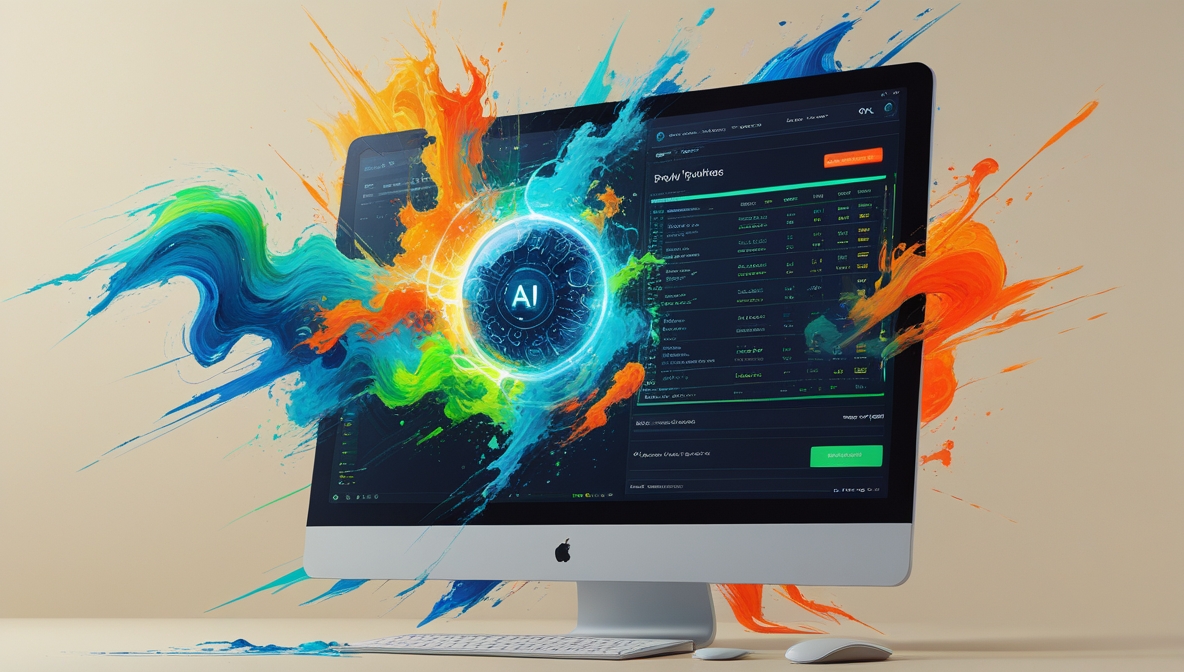A recent study by ManageEngine and Service Desk Institute (SDI) reveals a split among IT professionals regarding the use of generative AI (GenAI) in improving workplace productivity.
While half believe AI enhances productivity, a significant portion remains sceptical or infrequent users of the technology.
The report, titled “The State of Artificial Intelligence in ITSM – 2024 and Beyond,” highlights a divide in AI adoption and perception among IT professionals. It found that 71% of organisations are still researching or piloting AI in IT support and ITSM operations. Despite this, half of the respondents believe AI will boost productivity by amplifying individual capabilities and speeding up tasks. Conversely, nearly a third (32%) rarely or never use GenAI, and 21% do not believe it will improve productivity.
AI in ITSM Operations
Current AI deployments in IT service management (ITSM) focus on enhancing end-user experiences and enterprise productivity. The top AI-powered technologies used include virtual assistants for end-user support, assisted knowledge management, and self-service support. Key areas impacted by AI include incident management (79%), knowledge management (73%), and service request management (67%). However, strategic uses of AI, such as intelligent data analytics for decision-making, have lower adoption rates, with 62% of respondents citing integration challenges.
Kumaravel Ramakrishnan, Marketing Director for ITSM at ManageEngine, noted that cost reduction is a primary driver for AI adoption in IT, more so than innovation. “The survey reveals that streamlining processes and reducing costs (81%) is a stronger motivator for AI adoption compared to spurring innovation (67%). The current AI offerings lower the barrier for automating basic service desk tasks, whereas strategic AI use cases still require advanced knowledge, a clear AI strategy, and skilled workforce,” he said.
Challenges in AI Adoption
The report identifies several obstacles to AI adoption:
- 38% of respondents cited a lack of skills and expertise in GenAI.
- 29% reported budget constraints.
- 28% mentioned the absence of a clear AI strategy.
Although 45% of IT professionals have a basic understanding of GenAI, there is a notable shortage of GenAI experts. This knowledge gap poses potential risks, including limited understanding of AI compliance and legal issues (48%) and insufficient grasp of risks and security measures (46%). Additionally, one in four organisations lack governance frameworks for AI implementation.
The lack of specialised AI knowledge among IT teams is a significant concern. Despite 65% of organisations acknowledging the risks associated with AI, the study reveals a low level of full-scale AI adoption, with only 4% of organisations having fully integrated AI into their operations. This disparity suggests a cautious approach driven by awareness of AI’s risks and a need for more comprehensive understanding and governance.
Cultural Shift Needed in ITSM
David Wright, Chief Value and Innovation Officer at SDI, emphasised the importance of cultural adaptation in AI integration. “Adapting to AI is not just a technological challenge but a cultural shift within ITSM. This research serves as a wake-up call for ITSM professionals and organisations to prepare for a future where AI is a fundamental part of our service delivery toolkit. The successful integration of AI into ITSM hinges on our ability to synchronise technology with our most valuable asset—our people. The future will favour organisations that understand this balance, transforming their operations to not only include AI but also enhance the capabilities and happiness of their human workforce,” he stated.






